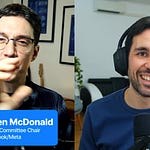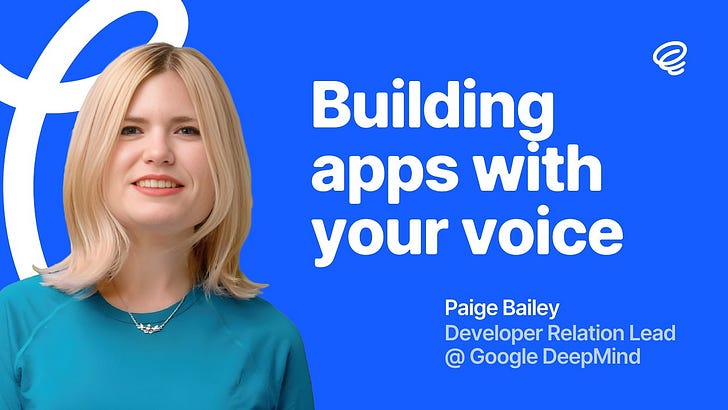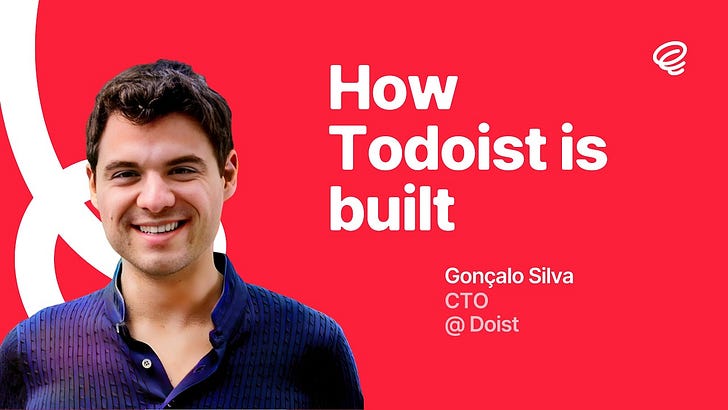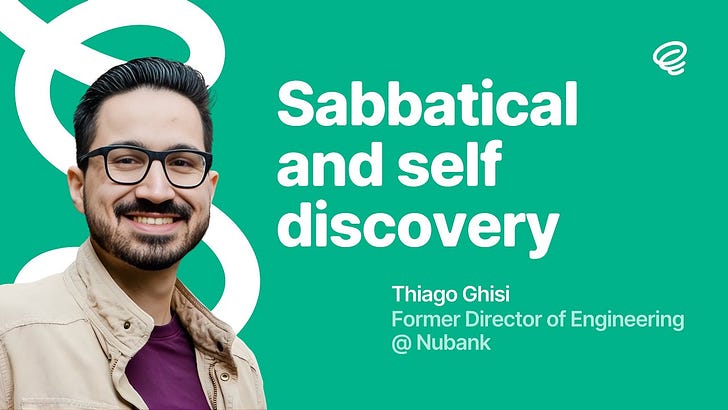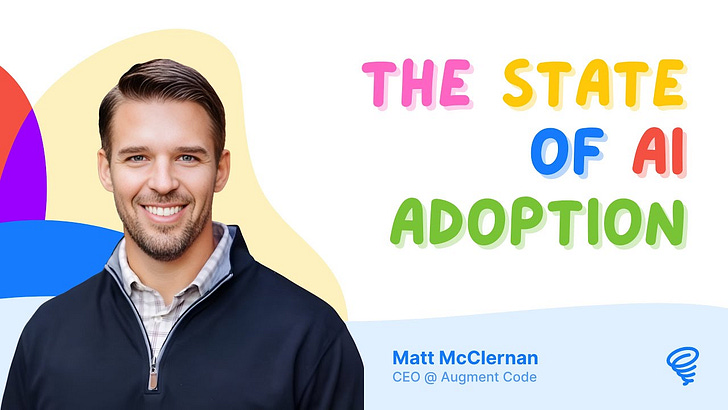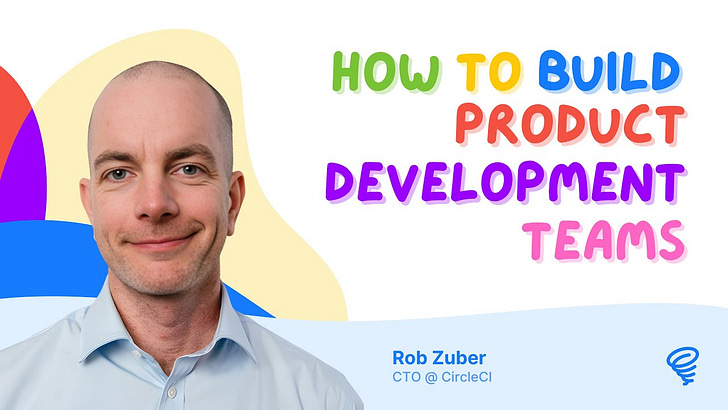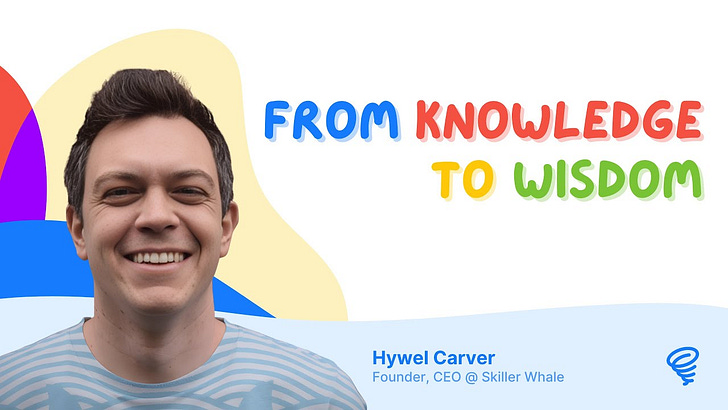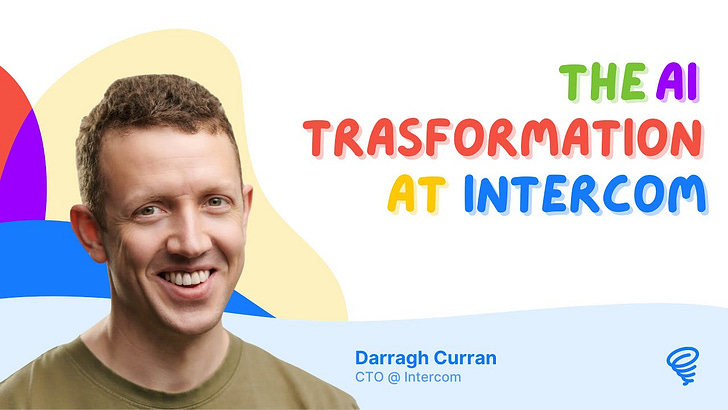Today's guest is Guillermo Rauch — CEO and founder of Vercel.
With Guillermo, we talked about:
His journey in tech, from a small-town in Argentina, to successful open-source developer, to CEO of a billion-dollar company.
The unique Vercel model, which combines open-source and commercial work.
The future of AI, engineers, open-source and software engineering at large.
🎙️ Episode
You can watch the full episode on Youtube:
Or listen to it on Spotify, Apple, Overcast, or your podcast app of choice.
🥇 Interview Summary
If you are a 🔒 paid subscriber 🔒 you will find my own summary of the interview below.
It’s the 10-minute, handcrafted takeaways of what we talked about, with timestamps to the relevant video moments, for those who don’t have time to sit through the 1-hour chat.
Here is the agenda for today:
🌟 From Argentina to Silicon Valley (02:57)
🧩 Progressive Disclosure of Complexity (10:31)
🔄 Balancing Open Source and Commercial Success (21:36)
🤖 AI, React, and the Future of Frameworks (30:35)
🚀 Technical Leadership as a CEO (48:26)
Let's dive in 👇
1) 🌟 From Argentina to Silicon Valley (02:57)
Guillermo's journey from a humble neighborhood in Argentina to founding a billion-dollar company is deeply intertwined with his passion for the web and open source tech.
"If it wasn't open source and it wasn't web based, if it wasn't for those two pillars, I would not be where I am. I tried everything else... but there's a longevity and a dopamine hit to being able to create something and share it as a URL."
Growing up in Lanùs, a small area in the outskirts of Buenos Aires, Guillermo discovered the power of the web at a young age. At just 16, his open-source project called "fancy menu" was featured on a popular blog, giving him his first taste of global recognition.
The democratizing nature of the web - how it allows anyone, regardless of location or privilege, to share their ideas globally - became foundational to his vision for Vercel. This philosophy drives Vercel's mission to enable anyone to create exceptional web experiences, from beginners working on their first project to teams building top-30 internet websites.
2) 🧩 Progressive Disclosure of Complexity (10:31)
One of Vercel's core design principles is what Guillermo calls "progressive disclosure of complexity" - creating technology that's approachable for beginners but powerful enough for enterprise needs.
This principle guides the design of Next.js, which starts with minimal code (as little as one line) but scales to power some of the internet's most sophisticated websites:




